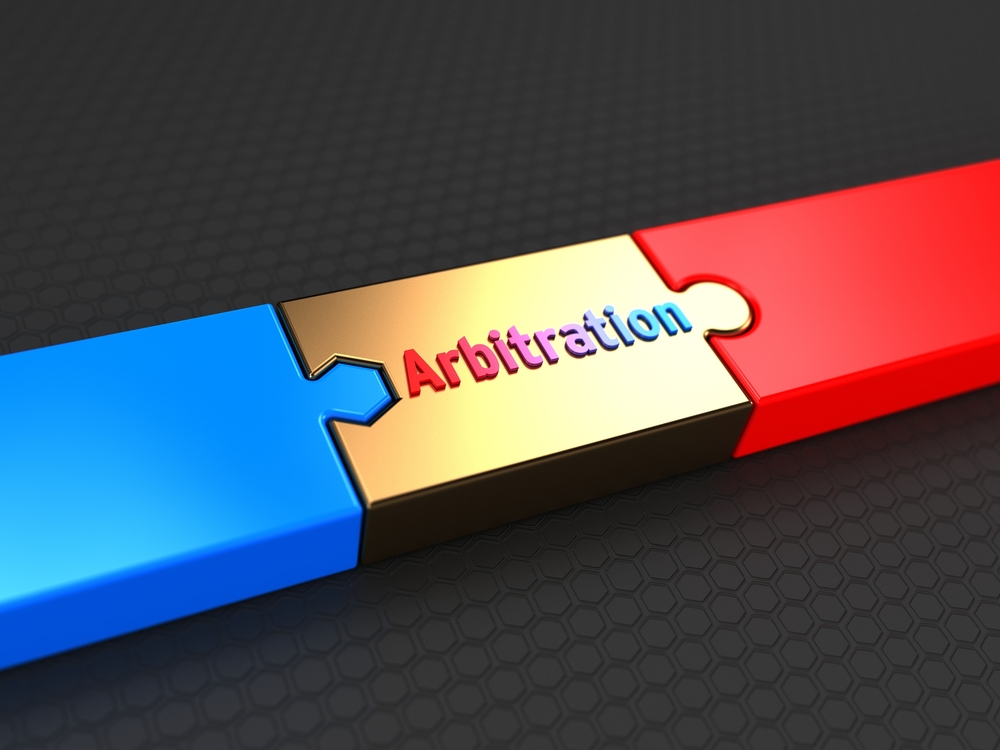Nonbinding Arbitrations under Florida Law and Moving for a Trial De Novo

Certain Florida courts require parties to proceed to nonbinding arbitration as a settlement vehicle – as a means for the parties to evaluate their case and provide a basis for attorney’s fees if the losing party proceeds to trial regardless of the nonbinding arbitration ruling. If a court requires the parties to proceed to nonbonding arbitration, this will occur prior to trial. While I’m not necessarily a fan of nonbonding arbitrations, if a court requires it, you want to make sure you are prepared to participate in the arbitration process and present your case to the arbitrator.
A recent Florida case out of the Fourth District explains nonbonding arbitrations under Florida law and proceeding with a motion for a trial de novo if you still want to proceed to trial after the arbitrator issues the award (because, remember, it is nonbinding arbitration versus binding arbitration):
Trial courts may refer civil cases to nonbinding arbitration. Once referred, the arbitration decision “shall be final if a request for a trial de novo is not filed within the time provided by rules promulgated by the Supreme Court.” Rule 1.820(h) [of the Florida Rules of Civil Procedure] provides that “[i]f a motion for trial is not made within 20 days of service on the parties of the decision, the decision shall be referred to the presiding judge, who shall enter” an order enforcing the award. Under the rule’s plain language, unless a party files a motion for trial de novo within twenty days of the arbitrator’s decision, the trial court must enforce the arbitration award.
The purpose of a motion for trial de novo is to “make the parties evaluate the award, and either accept it or complete the litigation through trial.” Similarly, the intention of rule 1.820(h) is to send “some notice to the opposing party that its adversary is rejecting an arbitration award and renewing its demand for trial.” The purpose of [Florida Statute] section 44.103 is fulfilled when a party is placed on reasonable notice of the opposing side’s intention to proceed to trial, and that intention is conveyed within rule 1.820(h)’s twenty-day timeframe. Further, a notice indicating an intention to proceed to trial need not be specifically styled as a “motion for trial de novo.”
Nothing in rule 1.820 requires strict compliance regarding the form of the notice [for a trial de novo]. The only mandatory requirement applied to the procedure of rule 1.820 involves the time within which to provide the notice.
Vitesse, Inc. v. MAPL Associates, LLC, 48 Fla.L.Weekly D618a (Fla. 4th DCA 2023) (internal citations omitted).
Please contact David Adelstein at [email protected] or (954) 361-4720 if you have questions or would like more information regarding this article. You can follow David Adelstein on Twitter @DavidAdelstein1.




